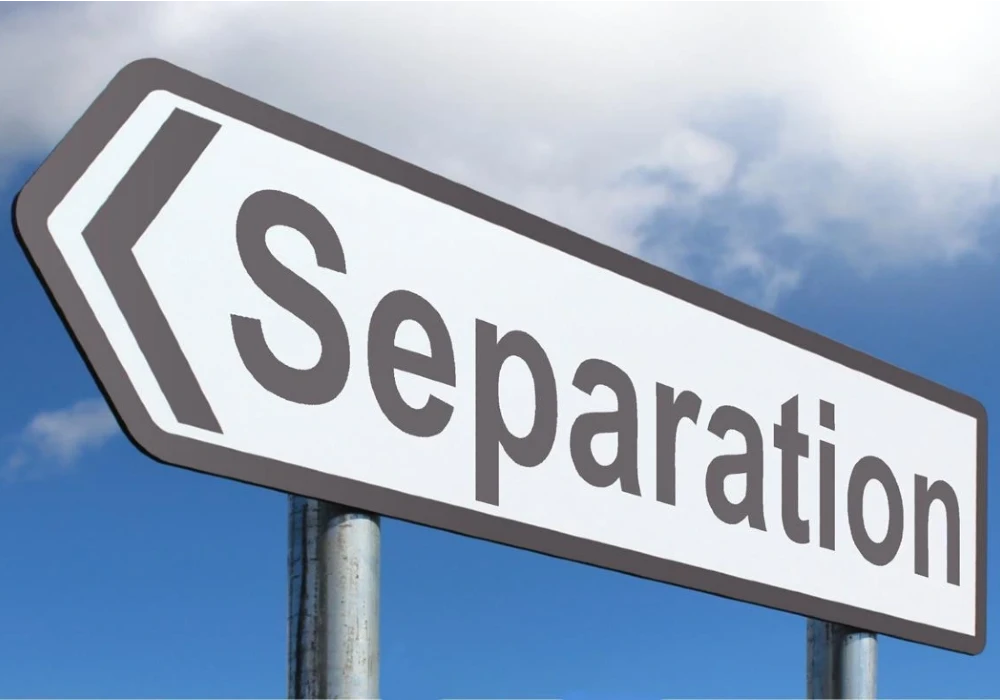Benefits of Mediation
Home / Benefits of Mediation
With Low-Cost Mediation, we can help to develop a sense of calm, peace and balance that can benefit your emotional well-being and your overall health, without the unwelcomed stress and anxiety. We want you to relax and focus on the things that matter, not on unnecessary conflict and division.




Key benefits of Low Cost Mediation:
We can help with lower costs
Mediation is significantly less expensive than going to court. With no filing fees, drawn-out legal procedures, or ongoing litigation expenses. Generally, the cost is greatly reduced in comparison with pursuing the matter through the courts or arbitration. It is not uncommon for couples to spend in excess of £25k in court costs should they go down that route, so its is important to consider mediation as a first option before things get out of hand.
Less admin and process than legal action
By engaging in mediation, you can expect less paperwork, and less formality, with no court application, court fees or long delays. The paper work and setup is quick and easy, allowing you to dedicate time on things that mean more to you.
Work to resolve things faster
Most mediations are completed in just one to three sessions. This makes it a far more time-efficient process compared to the often-lengthy court system. Because mediation can be used early in a dispute an agreement can be reached more quickly than may be the case when pursuing the problem through the courts.
Focus on minimising disruption
Because mediation is typically resolved in a short time frame, the impact on your personal or professional life is minimal, allowing you to move forward quickly, and to develop results much faster than court, potentially within a matter of days, rather than months or even years.
Offers for a collaborative and fairer and more simpler process
Our specialised mediators help parties communicate clearly, negotiate respectfully, and reach mutually agreeable outcomes, while avoiding the emotional and financial strain of the legal processes.
Settle out of court
Remember, while a judge's role is to interpret and apply the law, a mediator’s role is to guide the parties toward resolution. In mediation we can work to ensures the final outcome is fair and equitable to both parties, with time to reflect and things about it before coming to a final agreement.
Reduced stress and animosity
Legal processes can be challenging, stressful and also create significant animosity between parties. By engaging with us, you can help to reduce that and thereby create less anxiety for both parties, especially when there’s a lot at stake.
Be in control
With mediation, you are directly involved in negotiating your own agreement, and can come to a resolution that you like, rather than one being imposed on you, which can be the case when choosing court where issues and can be imposed upon you.
Keep it private
Confidentiality is important, as we offer mediation in private, so you don’t have to worry about opening up your issues to external people who may have alternative motives.
Using professionals to help you reach a resolution.
You have the services of an experienced person who can aid your negotiations, and assist in achieving a quick settlement. Individual who help to achieve positive outcomes that both party can walk away with confidence and having achieved a sense of positive resolution
No external influence or pressure from externa factors.
The mediator may be able to explore alternative solutions that may not have been considered by the parties or are not possible or available through the courts. At times, others may be willing to help, but if there a financial incentive or bitterness they could end up dragging you into a process which is designed to benefit them, whilst not necessarily considering your best interests.
Reduced resolution conflict
It is possible to re-establish a positive relationship between the parties once the dispute is resolved, whereas legal action can result in significant animosity and grievances between the parties, which potentially can last a lifetime, or be unresolved for many years.
